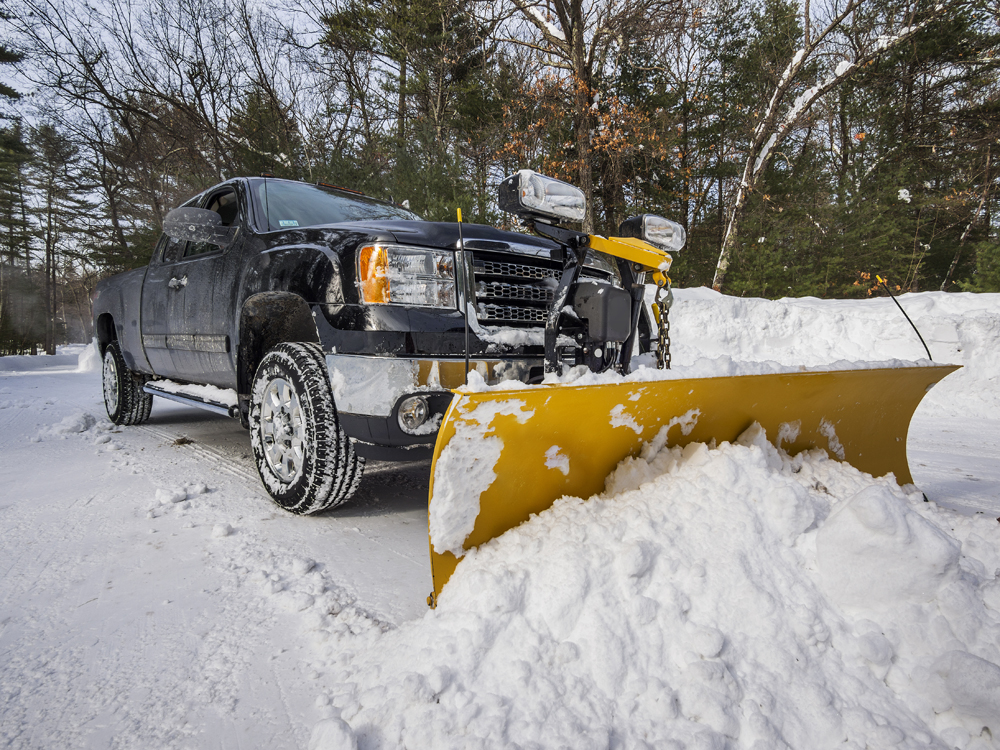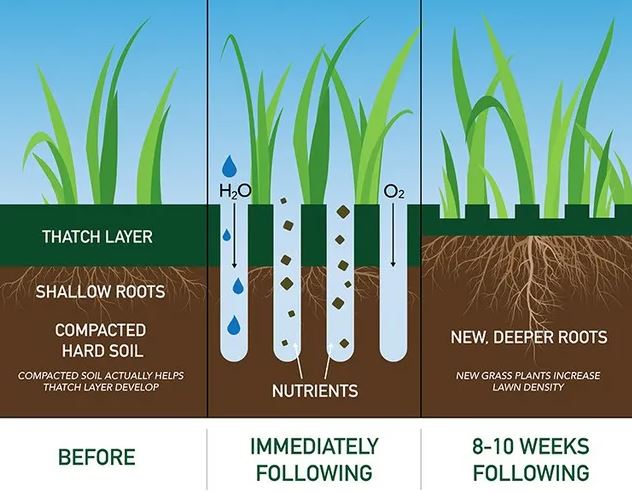

St. Louis residents know how difficult it is to maintain a lawn with the climate that they live through every year. Living in St. Louis means always experiencing temperature extremes—when describing the weather, sentences always start with “it’s too”, and end with “hot”, “cold”, “wet”, “humid”, etc.
If you have a lawn in the St. Louis area, you probably already know that maintaining a lush and green lawn is not an easy feat. There are lots of things you have to consider and do to keep your lawn healthy and beautiful; and perhaps one of the most common and most annoying concerns is the build-up of thatch.
Thatch is basically made up of loose and intermingled organic layers of dead and living shoots, roots, and stems that develop between the green vegetation zone and the soil surface. Its build-up usually begins when the turf produces organic debris faster than it can be broken down by different the microorganisms in your lawn.
Managing thatch build-up is difficult and can get quite complicated at times (which is why lawn-owners usually just call professionals to handle it). But to help you decrease the frequency of having to call the thatch-busters in, here are a few tips you can take into consideration to avoid huge build-ups of thatch:
Choose right.
If you don’t want to deal with too much build up of thatch in your lawn, you might as well choose a type of turfgrass that doesn’t produce significant amounts of thatch. Read up on the different types of grass to know which specie will be most suitable for your lawn.
It’s all in the soil.
Soils with high acid levels tend to make grass produce more thatch because they don’t have the ability to sustain high numbers of thatch-decomposing organisms. Consider supplementing you soil by topdressing with an uncompacted, non-clay, and non-sand type of soil when you finally decide to renovate your lawn.
Limit Pesticides.
Easy on the pesticides. Increased levels of applying pesticides also increase the chances of thatch build-up.
Fertilize gently.
Give your plants right and gentle doses of fertilizers. Too much will cause their root and stem tissues to grow faster.


